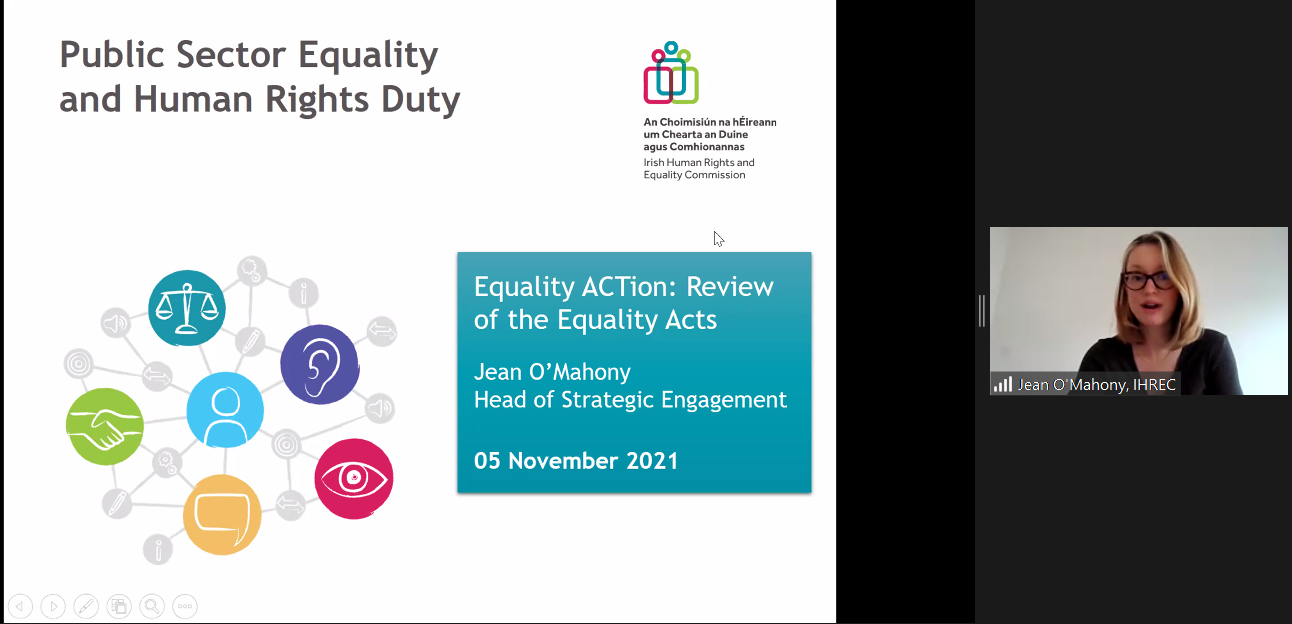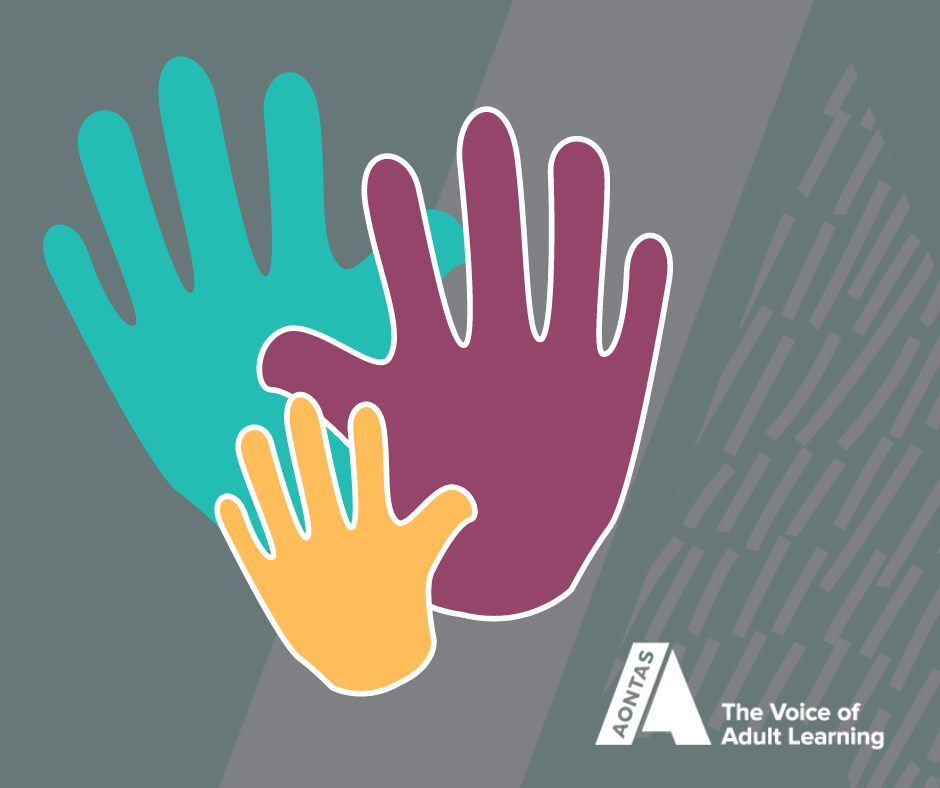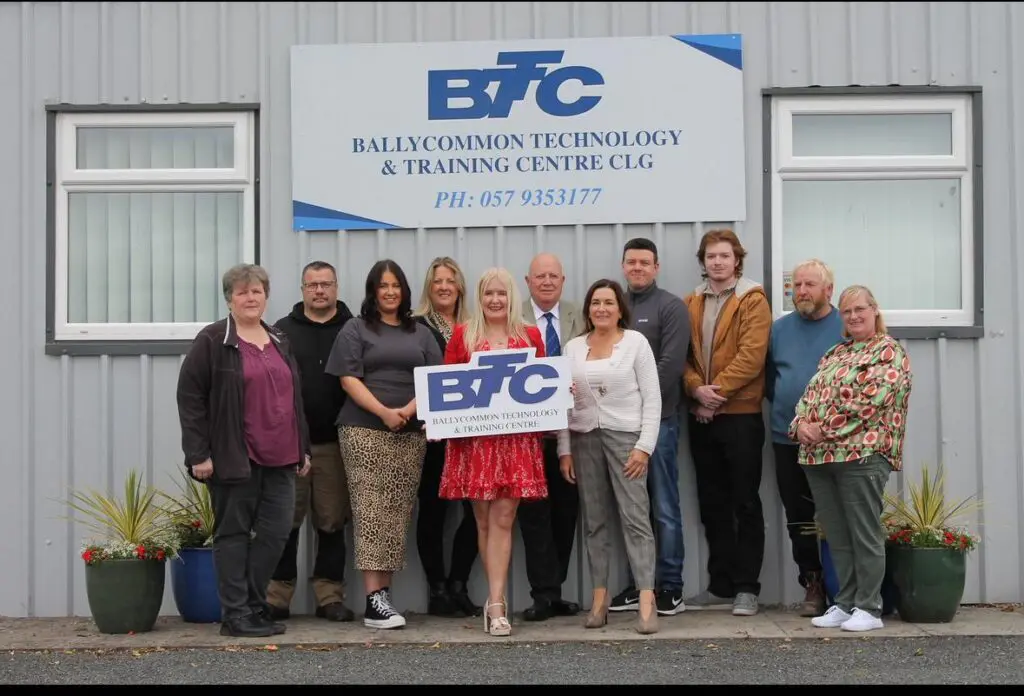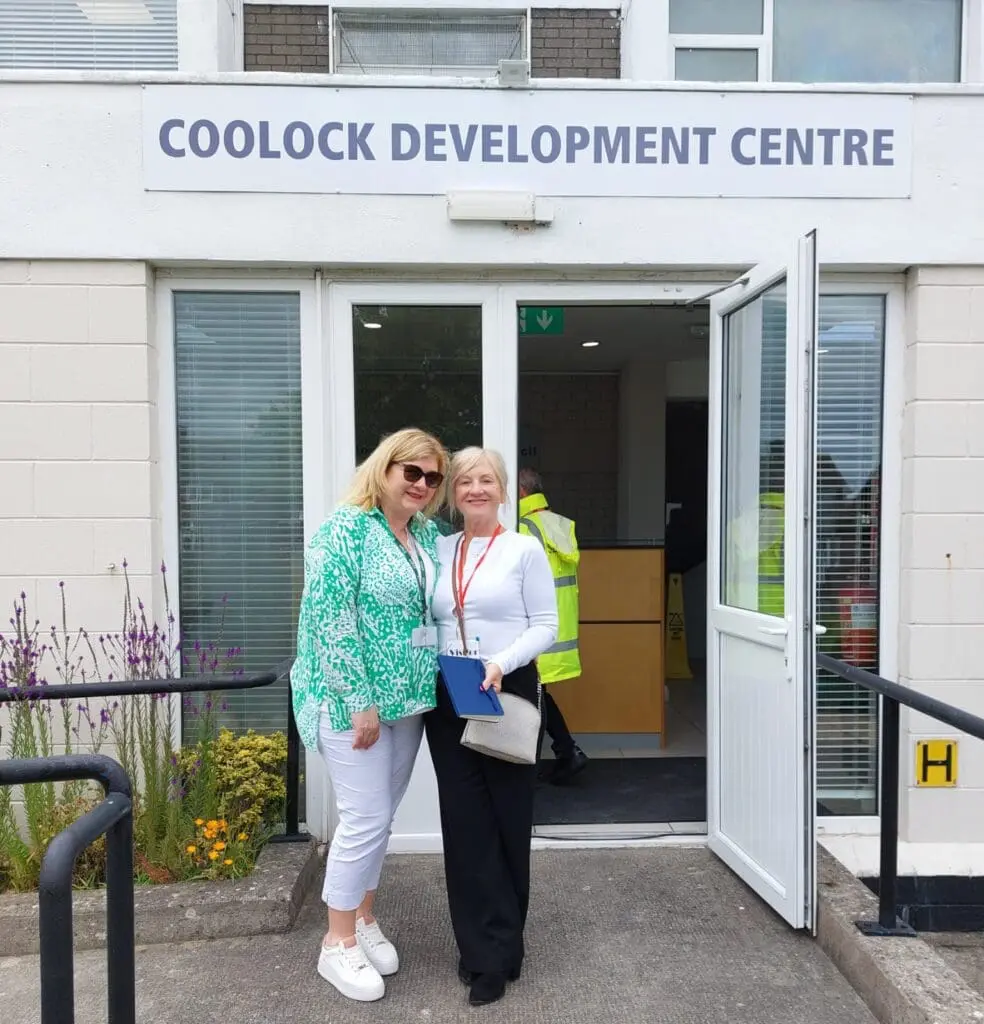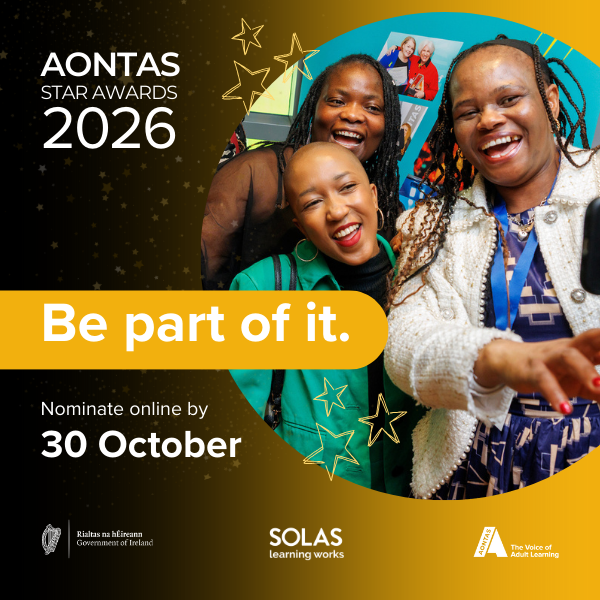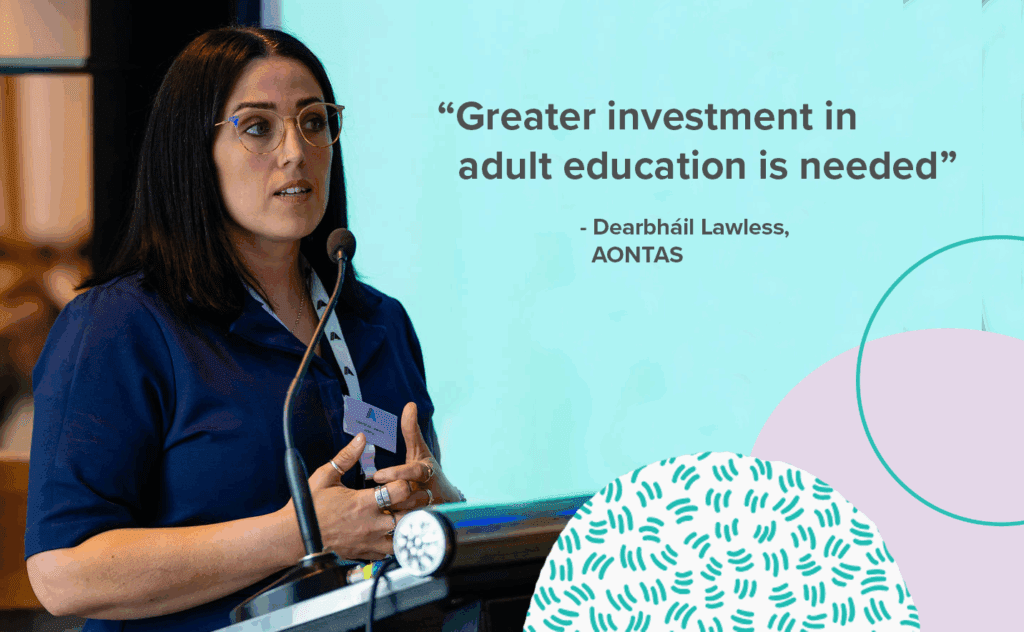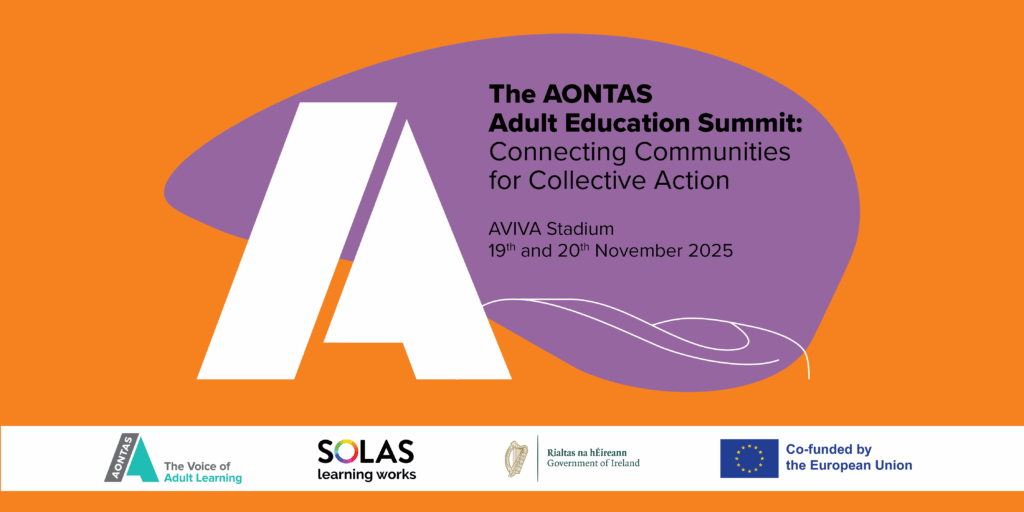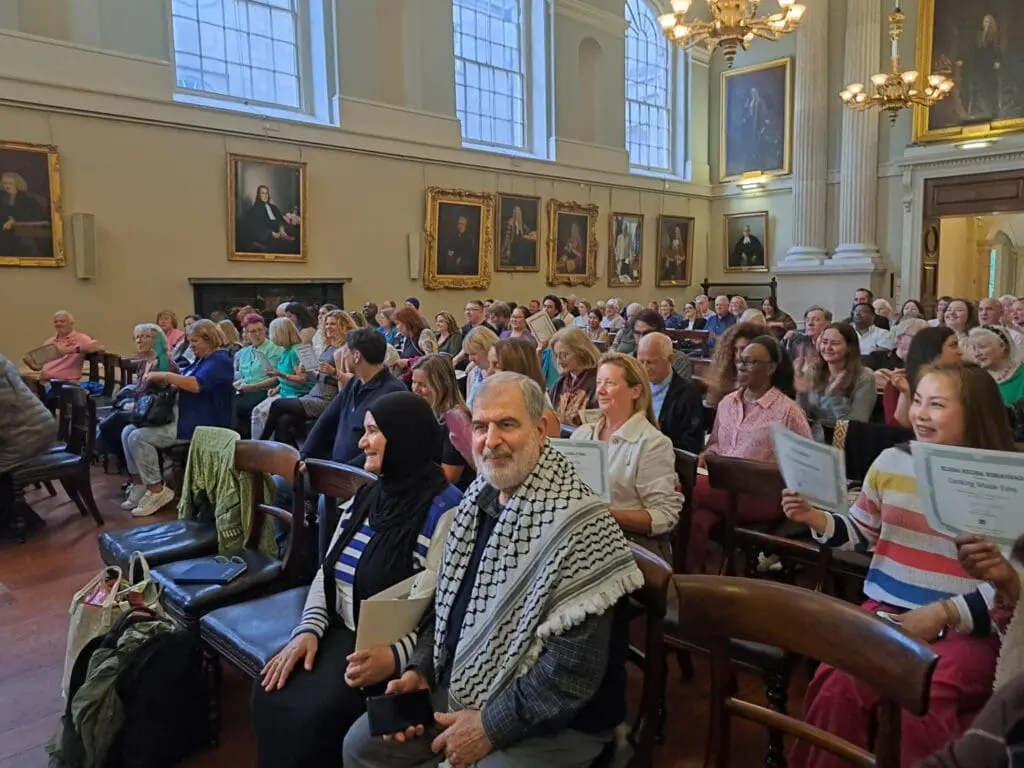The Equal Status Acts “prohibit discrimination in the provision of goods and services, accommodation and education. They cover the nine grounds of
- gender
- marital status
- family status
- age
- disability
- sexual orientation
- race
- religion
- membership of the Traveller community.”
The Employment Equality Acts “outlaw discrimination in work-related areas such as pay, vocational training, access to employment, work experience and promotion.” The review will examine the functioning of the Acts and their effectiveness in combatting discrimination and promoting equality.
The following month, in July 2021, a public consultation was launched seeking the views of different organisations, stakeholders and members of the public, which offers a unique chance for the adult and community education sector to add different voices and perspectives to the analysis of the legislation under review. Views of the public are sought on:
- The functioning of the Acts and their effectiveness in combatting discrimination and promoting equality;
- The degree to which those experiencing discrimination are aware of the legislation and whether there are obstacles which deter them from taking an action;
- The scope of the current definitions of the nine equality grounds. This will include consideration of the gender ground, the disability ground and whether new grounds should be added, such as the ground of socio-economic discrimination;
- Whether the legislation adequately addresses intersectionality or the intersection of discrimination across a number of grounds;
- Whether existing exemptions in the legislation should be modified or removed;
- Any other issues arising from the legislation.
Protecting the rights of all adult learners
AONTAS welcomes this opportunity to contribute to the consultation and review of the Equality Acts, mainly because AONTAS is concerned that current legislation fails to ensure that all adults can equally participate in all forms of education. Ireland has a number of laws that protect and promote everyone’s right to equality. However, we know that discrimination is routine and has a significant impact on adult learners. Adult learners are predominantly from the most diverse, disadvantaged and discriminated against groups in the country. As a civil society organisation that has been advocating for social justice and equality for over 50 years, it is very important to AONTAS, its members, and all adult learners that equality legislation is reviewed, improved and kept up to date in order to fully address the challenges facing adult learners today and into the future. AONTAS is currently drafting its submission for this consultation, which will include advocation for the introduction of a new socio-economic ground for discrimination within the Equality Acts.
Equality ACTion
On Friday, November 5th, AONTAS staff attended the jointly developed ‘Equality ACTion’ event, delivered by Free Legal Advice Centres (FLAC) and the Irish Human Rights Equality Commission (IHREC). Speakers at the event provided information about the review process and the legislation under review, and highlighted key areas of potential reform. AONTAS attended this event to further develop our insight into this legislative area, so as to deliver the most effective and impactful submission possible, that best supports our policy asks rooted in the lived experiences of adult learners and our members. Of course, AONTAS will also be engaging with its members nationwide in the coming weeks for the purpose of better representing their views on the relevant issues and for reforming this legislation to better protect the rights of all adult learners.
Please keep an eye on AONTAS social media for upcoming details on engaging with us and contributing to this consultation to have your say and be heard.
The event heard some of the most active and influential figures in advocating for improving civil and human rights in Ireland speak about the importance of updating the Equality Acts and making sure that a socioeconomic ground is added to the current nine grounds. Speakers also focused on the importance of making intersectionality central to any legislative improvements. Socioeconomic status and belonging to groups covered by the nine grounds has clear relevance to adult learners and protecting their rights against discrimination.
Some of the most relevant areas to adult learners covered by speakers and participants included
- A person’s level of education would be one of the key criteria for the grounds of discrimination based on socioeconomic status.
- When it is difficult to legally prove that discrimination occurred based on one of the nine ground, it would be beneficial to have a new legal definition and vocabulary for the Justice System to consider the multiple overlapping layers of disadvantage people often face. Updating the current legislation to include this lived experience of intersectionality would be a positive development for those who would be covered by numerous grounds.
- Mobilising collectively as civil society to engage in this review is vital for the success of guaranteeing that equality rights are truly protected, which in turn strengthens AONTAS’ advocacy positions alongside other civil society organisations ability to hold Government accountable.
- Given that equality legislation provides the bedrock for bringing about long-term progress for equality there is a need to ‘future-proof’ this legislation and make sure that any updates are more focused on equitable outcomes, as well as equal access to legal representation with built in periodic reviews of equality legislation to adapt to an ever-changing society
- Certain definitions and grounds need updating, for example how disability is defined in the current Irish legislation is based on an outdated medical model that perceives disability only as an inherent deficiency whereas the social and human rights models would be more appropriate. Similarly, addiction is currently not covered under equality legislation and we know there is significant discrimination against those recovering from addiction, especially through wrap around adult and community education provision.
- Regarding the grounds of gender, the current legislation uses outmoded binary terms such as male and female. In order to be fully gender inclusive, especially in educational settings a wider definition is needed that includes all gender identities to improve the learning experiences of people who identify as neither male nor female.
- More resources need to be invested in civil society organisations’ services and supports to reach the public so that they are more aware of their rights and of how to protect themselves using the legislation.
- Having an accessible plain English version of the legislation available to the public would also be an obvious and immediate improvement.
Useful resources
IHREC and Community Law and Mediation have published extremely helpful guides to the provisions of both Acts:
- IHREC “Your Rights” Guides to the Employment Equality Acts 1998-2015 and the Equal Status Acts 2000-2018.
- Community Law and Mediation Equal Status Acts Guide and Employment Equality Acts Guide.
These guides also include practical information in relation to how a claim is pursued under the legislation. As a result, they also act as helpful guides to the relevant provision of the Workplace Relations Act 2015 and the Intoxicating Liquor Act 2003.
For more information contact Sam O’Brien-Olinger, AONTAS Information and Policy Officer at: sobrienolinger@aontas.com

